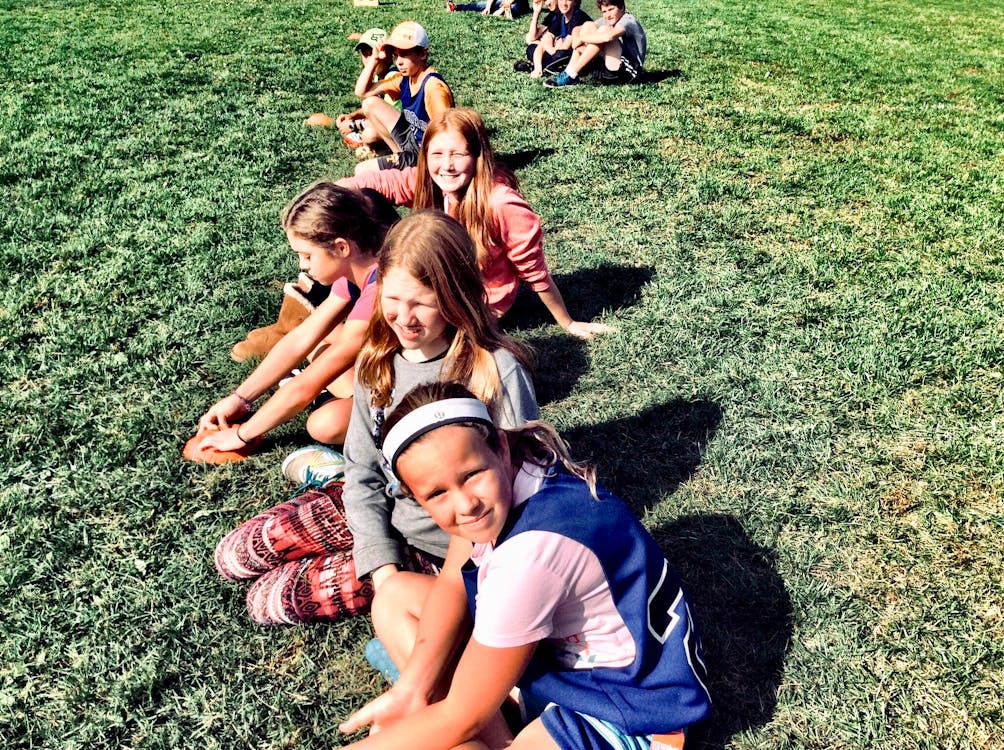
Summer Camp: Where Fun Meets Friendship and Growth
Summer camp creates images of laughter, sunshine, and outdoor adventures. But beyond swimming and cookouts, summer camp benefits social and emotional learning.
School environments are structured with a focus on academics. On the other hand, camp provides a space for kids to blossom in different ways. Here’s why social-emotional learning thrives at summer camp:
Building Friendships
Camp is a melting pot of new faces. Camp counselors create a welcoming environment, so campers feel good about stepping outside their comfort zones. Through activities, games, and teamwork, children learn to cooperate. They also celebrate each other’s successes. Moreover, bonds built over the summer can become lasting friendships.
Managing Conflict
Certainly, disagreements can happen. Camp is a supportive space for kids to navigate them. Counselors help by teaching compromise and problem-solving skills.
Expressing Emotions
There’s the thrill of making it to the top of a climbing wall. On the other hand, there’s the disappointment of losing a game. Whether it’s tears of frustration or joyous cheers, all emotions are OK. This helps kids build emotional regulation skills.
Social-Emotional Learning Skills Your Child Will Develop
Summer camp isn’t just about fun and games (while those are important, too!). Take a look at some social-emotional skills your child will develop.
- Empathy: Camp counselors model empathy. They listen to campers and acknowledge their feelings. Through group activities, children learn to see things from other perspectives, which helps them develop compassion.
- Self-Confidence: Trying new things and mastering challenges boosts confidence. Camp provides opportunities for children to step outside their comfort zones. They can sing in a talent show or learn a new sport.
- Resilience: Not every day will be sunshine and smiles. There might be moments of disappointment. Counselors help children bounce back by teaching coping mechanisms. They foster a “never give up” attitude.
- Independence: Spending time away from home allows children to develop independence. They learn to manage their belongings, make choices, and solve problems.
Talking to Your Child About Social-Emotional Learning
- Making friends: Express your excitement about them meeting new children.
- Role-play conflict resolution: Practice scenarios where your child might encounter disagreements. Guide them through ways to find solutions.
- Validate feelings: First, remind your child it’s okay to feel sad, frustrated, or excited. Second, encourage them to talk to their counselors about their emotions.
Camp is where fun and growth go hand in hand!
For more info like this, please visit AMC blogs.
By: Melissa A. Kay